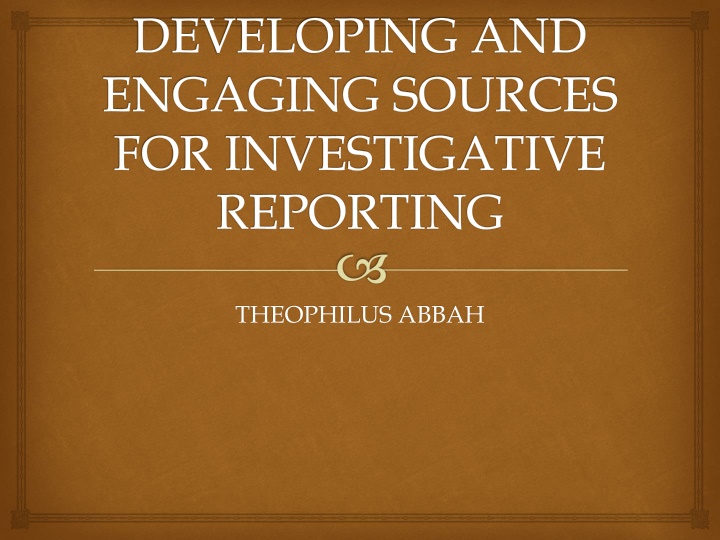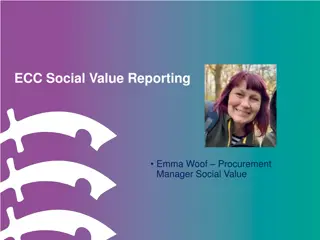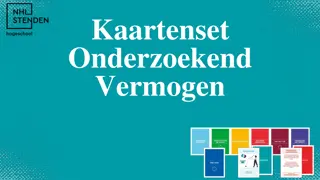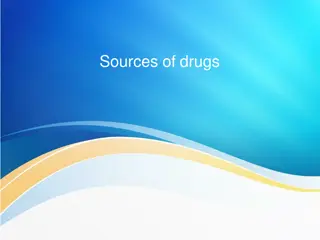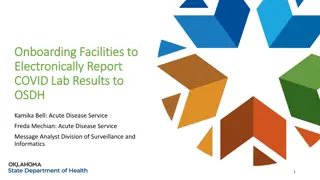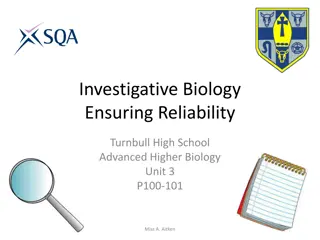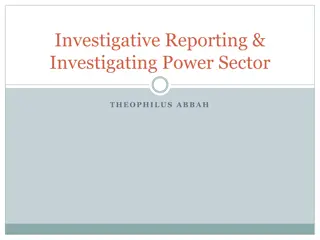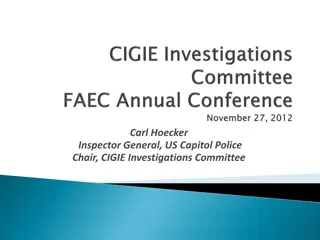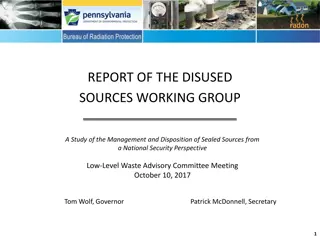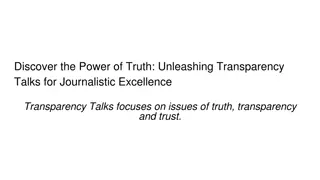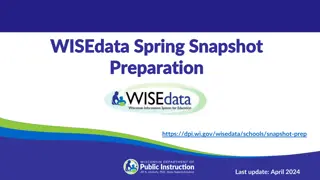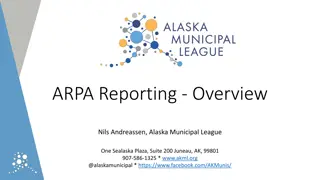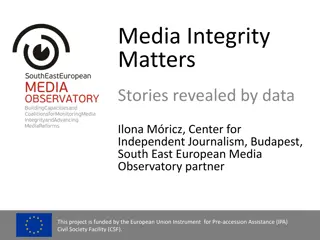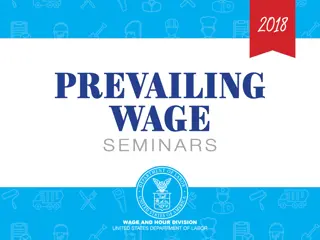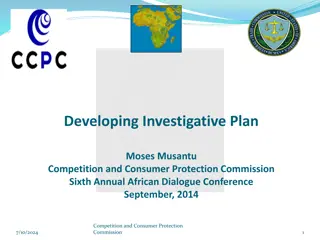Developing and Engaging Sources for Investigative Reporting
Investigative journalists must rely on various source types such as human witnesses, authorities, and experts to gather factual information. Building chains of inquiry and accessing gatekeepers are crucial strategies for journalists to obtain relevant and credible information for investigative reporting.
Download Presentation

Please find below an Image/Link to download the presentation.
The content on the website is provided AS IS for your information and personal use only. It may not be sold, licensed, or shared on other websites without obtaining consent from the author.If you encounter any issues during the download, it is possible that the publisher has removed the file from their server.
You are allowed to download the files provided on this website for personal or commercial use, subject to the condition that they are used lawfully. All files are the property of their respective owners.
The content on the website is provided AS IS for your information and personal use only. It may not be sold, licensed, or shared on other websites without obtaining consent from the author.
E N D
Presentation Transcript
DEVELOPING AND ENGAGING SOURCES FOR INVESTIGATIVE REPORTING THEOPHILUS ABBAH
What is a source? The root, basis, foundation, starting place, birth place, suppliers of the information. Investigative journalists are not opinion writers, so you have to demonstrate that every fact you write is linked to a source. In the academic arena, you reference or provide evidence of your claims.
Source Types Human Documentary Online Outcome of tests
Human sources Witnesses: they gave a vivid account of what has happened Those who are affected by phenomenon being investigated
Human sources Those in authority: Ministers, CEOs, Spokespersons, government officials: regulatory agencies, police, relevant departments. Current Associates of the subject: other companies officials, shareholders, family members employees, clients, competitors Previous associates: former partners, employees, professional associates.
Human Sources Chains of Inquiry: start with anyone who knows a little about the subject matter that you know, and then you get a link to others who know more Look for experts in the field: A journalist should endeavour to broaden his contact with experts, because you need a lot of them. They are there in universities; professional bodies; retired government officials; self-styled consultants; former ministers in government
Human Sources Look for more than two experts on the subject matter so that you can have broader perspectives. Some experts are dated; look for current experts as well as older ones. Use the ecological model. Your story is more credible if you have multiples human sources whose perspectives align on the subject-matter.
Human Sources Gate-keepers, [secretaries, junior staff, internal auditors, account officers, security staff; Door-openers : Those who can persuade others to talk to you (elder statesmen; lawmakers; community leaders). Surveyors: Those who can tell you the structure and nature of things
Human sources Networking: meeting those who have done this same story or those in the industry related to the story Law enforcement agencies, EFCC, police, ICPC they may be prepared to share facts [that promote their activities] with journalists
Documentary Sources It is dangerous to write an investigative story by depending on word of mouth alone. Very dangerous! Even if not denied, it could prove that you re too simplistic: minutes of meetings; official reports or decisions; court proceedings; details of registration of companies, etc. But note that government officials are more likely to hide the whole truth from you. International agencies: They have reports, local and international contacts that can help in doing your story, if your report is about their area of specialization.
Documentary Sources The policy documents Acts of the National Assembly The Annual Budget Reports of investigations by government agencies National Assembly investigative reports Companies Annual Reports Reports of the Auditor-General of the Federation
Online Sources Information is not free and democratized. Nothing can be hidden under the sun now. An investigative journalist can use the internet to his own advantage [no longer as distraction] Websites Blogs: Some experts blog Twitter: who do you follow? Google Advance Search: You have to learn Google Alerts Whatsapp Groups Discussion forums
Forensic Laboratory Tests Forensic examinations Digital Forensic Etc.
